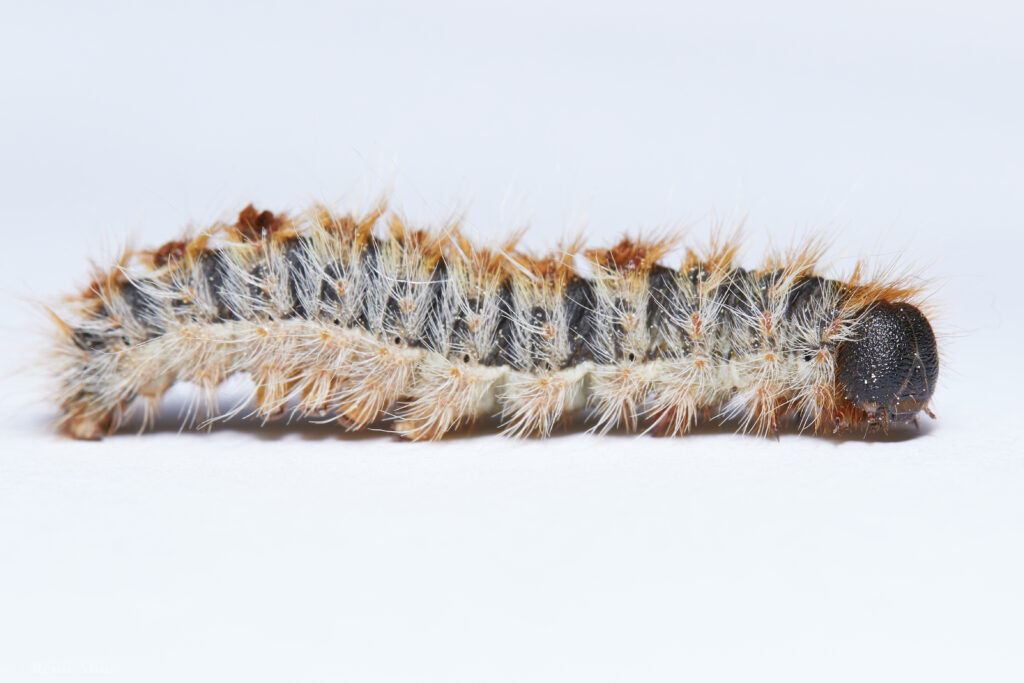Transfer & partnership
The CBGP has a long-standing and privileged partnership with a wide range of institutions in the South.
This partnership is facilitated by the implementation of various tools supported in particular by IRD (e.g. research grants for theses in the South, Structuring Thematic Actions, Young Associated Teams, the international research network in the South IRN West African Network on Biological Invasions, the ObsMICE observatory). Its main objectives are to share know-how through the implementation of collaborative research and, where appropriate, to build the capacity of partner institutions by co-supervising undergraduate, Masters and PhD students, providing theoretical and practical courses and helping to set up academic training courses. In particular, our IRD staff work actively with their colleagues at West African universities (e.g. the Gaston Berger University in Saint-Louis, Senegal, the Abdou Moumouni University in Niamey, Niger, and the Abomey-Calavi University in Cotonou, Benin) on issues relating to the identification, evolutionary ecology and management of organisms of interest to agronomy (rodents and insect pests of stocks and crops, insect crop auxiliaries) and health (rodents as reservoirs of human and animal pathogens).
This partnership takes the form of a large number of North-South exchanges (short and medium-term missions, expatriations) and South-North exchanges (hosting colleagues and students in our laboratory). In addition, and increasingly, we are seeking to promote, facilitate and consolidate direct collaboration between our partners in the South through group meetings and research schools for colleagues from different countries. This networking enables them to acquire innovative approaches, share their respective experiences and set up joint projects.
CBGP is also heavily involved in technology transfer for the environment, food safety and public health sectors in West Africa and Madagascar. This has involved setting up and supporting various technical platforms for research, training and expertise. In Senegal, for example, the BioPass laboratory (ISRA-UCAD-UGB-Cirad-IRD agreement) has been home to entomology, parasitology, osteological preparations of small mammals and molecular biology platforms where research and practical training are now routinely carried out. In Niger, the MoleCult laboratory, which has been hosted by the Agrhymet Regional Centre since 2014, is used for molecular biology experiments on crop pests and the organisation of practical work for university students, who do not have the necessary equipment for this type of teaching. More recently, in Benin, an original partnership has been set up between CBGP, the Autonomous Port of Cotonou (the country’s leading economic agent), the Ecole Polytechnique d’Abomey-Calavi, the Cotonou Entomology Research Centre and the International Institute of Tropical Agriculture, resulting in the installation of the first Port Environmental Monitoring Platform in Africa and beyond. This platform houses a number of Beninese experts (several of whom are co-supervised and trained by CBGP staff) on the port’s premises, so that they can monitor and manage invasive species likely to be imported or exported via maritime traffic. All these initiatives make a major contribution to the technological, logistical and financial empowerment of our African partners, to which we are actively contributing. Finally, in Madagascar, support for the optimisation of certain pathogen detection protocols (e.g. bacterial meta16S, qPCR) has been offered since 2022 to the Plague Unit of the Institut Pasteur de Madagascar, directly strengthening the local capacities of the national health system.
